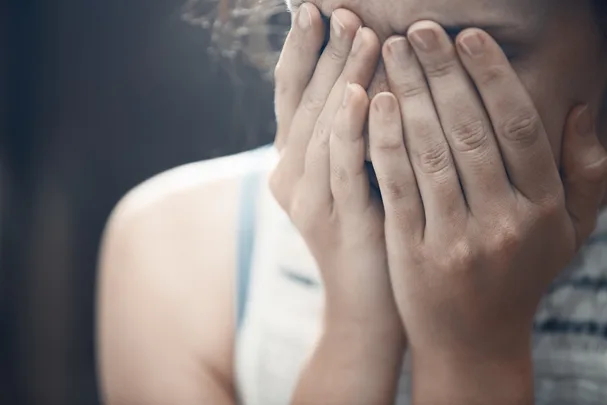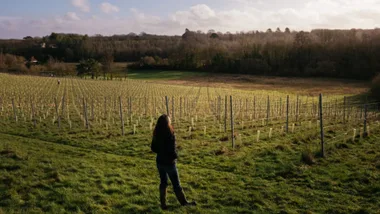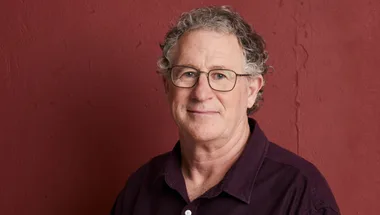She’s 39. She’s a mother of four. And she has a growing breast lump that needs urgent medical attention.
But this women, a Lebanese refugee who recently settled in Nauru, has had her chance for a biopsy revoked.
Last Thursday the unnamed women, along with more than a dozen other refugees and asylum seekers, was scheduled to fly to Papua New Guinea for much-needed treatment.
But for unknown reasons, her flight – and access to suitable health care – was cancelled.
According to Dr Paddy McLiskly from Doctors 4 Refugees, a biopsy for the woman should have been arranged in Papa New Guinea – or ideally, Australia – with some urgency. Ultrasounds late last year revealed two irregular masses, at least one of which was growing.
“We are aware of multiple accounts that the [Republic of Nauru hospital] facilities are quite basic by Australian standards, and that general hygiene is a concern for refugees and asylum seekers who have attended RONH,” Dr McLiskly told The Guardian. “The obvious solution is to have … [the refugee] assessed and a biopsy carried out in an appropriately resourced hospital in Australia.”
A spokesperson for the Department of Immigration and Border Protection stated that the woman is a settled refugee, and as such her medical care is provided by the Government of Nauru.
“Decisions about medical transfers are made on a case-by-case basis according to clinical need, in consultation with the health services provider and the Government of Nauru,” she said. “Australia provides significant support to the Government of Nauru to provide welfare and health services to transferees and refugees.”
Sadly this woman’s struggle is just one in a multitude of harrowing stories that unfold for refugees and asylum seekers the world over – often unreported – every single day.
 Getty
Getty









